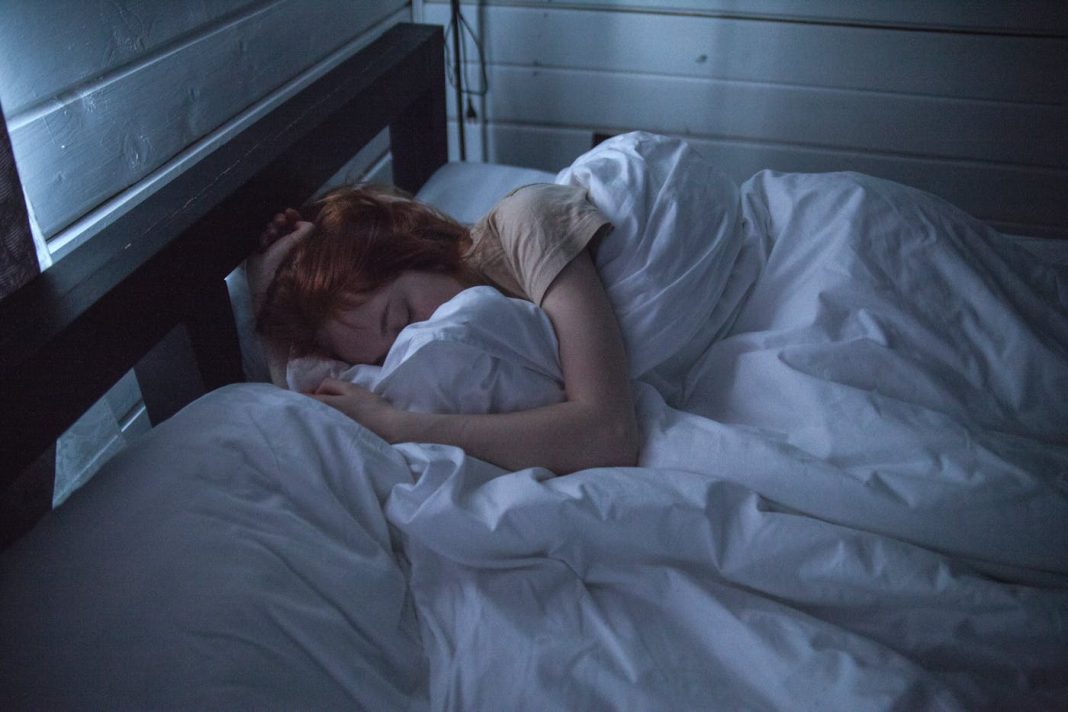We’ve all heard the phrase: “The early bird catches the worm.” But what if your brain doesn’t fully wake up until 10 a.m.? Or your best ideas come at midnight? Does that mean you’re doomed to snooze through your shot at success?
Not exactly.
Whether you’re up with the sunrise or winding down just as the world sleeps, your sleep style—or chronotype—plays a bigger role in your productivity, creativity, energy, and even career outcomes than you might think. And no, being a night owl doesn’t make you lazy. It means your body and brain are wired differently.
In this blog, we’ll dive into the science behind sleep styles, how they affect women’s lives (from boardrooms to beauty routines), and most importantly—how to work with your natural rhythm, not against it.
Early Birds: The Morning Go-Getters
Early birds, or “larks,” tend to wake up naturally around 5–7 a.m. and feel most alert in the morning hours.
Why It Works:
According to a 2012 study from the University of Toronto, early risers report feeling happier and healthier, possibly because their body clock aligns better with traditional work hours and societal schedules.
In Real Life:
- Career advantage: In 9–5 corporate environments, early birds often appear more disciplined or “reliable” simply because they’re in sync with the clock.
- Energy peaks: Morning types tend to be more focused earlier in the day but may crash by early evening.
Beauty Bonus:
Morning people may stick better to routine-based self-care like consistent skincare, workouts, or prepping healthy meals.
Tips for Early Birds:
- Schedule deep-focus work in the morning and lighter tasks post-lunch.
- Don’t overcommit to evening activities—honor your wind-down time.
- Try a warm shower and calming tea around 9 p.m. to keep your cycle consistent.
Night Owls: The Late-Night Thinkers
Night owls feel more awake and energized in the late afternoon or evening. Many creative types—writers, designers, musicians—identify with this rhythm.
What the Science Says:
A 2019 study from the University of California, Berkeley found that night owls show higher levels of cognitive flexibility, which means they’re great at problem-solving in unusual or creative ways.
Not Lazy, Just Different:
Night owls often face “social jet lag”—a mismatch between their internal clock and external expectations. That’s not a flaw; it’s a biological reality.
In Real Life:
- Freelancers, entrepreneurs, or creatives often thrive with night-owl rhythms.
- They may appear “sluggish” in traditional morning settings but shine in unstructured, flexible environments.
Beauty Note:
Late nights can mess with skin repair cycles. If you’re up past midnight, make sure you’re diligent with evening skincare and hydration.
Tips for Night Owls:
- If possible, adjust your work hours to match your peak focus (e.g., 11 a.m.–7 p.m.).
- Use your slower mornings for gentle rituals: journaling, yoga, or skincare.
- Avoid screens 30 minutes before bed to support melatonin production—even if you sleep at 1 a.m.
Chronotypes: The Real Science Behind Your Sleep Style
Your sleep preferences are not just habits—they’re biologically wired. Known as your chronotype, this internal clock is determined partly by genetics.
Research Roundup:
Hormones like melatonin and cortisol peak at different times depending on your chronotype, affecting energy, mood, and even metabolism.
A 2017 study published in Nature Communications linked over 300 genes to sleep timing, reinforcing the idea that morning vs. evening preference isn’t a personal failure—it’s in your DNA.
Can You Change Your Chronotype?
To some extent, yes—especially with light therapy, habit shifts, and discipline. But it’s usually better to optimize your schedule around your chronotype, rather than force change.
Success Isn’t About the Hour—It’s About the Energy
Here’s the truth: success doesn’t belong to any particular time of day. What matters more is how you manage your energy, stay consistent, and build habits that align with your rhythm.
Real-Life Examples:
- Oprah Winfrey swears by early morning meditation and walks.
- Tina Fey, a self-confessed night owl, often worked late into the night during her Saturday Night Live days.
- Fashion designers, chefs, artists—many thrive at night when the world is quiet and creativity flows.
Whether you’re building a brand, running a household, or plotting your next career move, the right routine is the one that supports you.
Own Your Rhythm, Don’t Fight It
It’s time to ditch the guilt. Whether you’re someone who wakes with the birds or finds inspiration by moonlight, your chronotype is a unique part of who you are.
Instead of asking, “Am I doing mornings wrong?”—ask:
“When do I feel most alive?”
Then shape your day, your work, and your self-care around that insight.
Because success isn’t about being first—it’s about being in flow.
Take a moment tonight to think about the last time you felt fully energized, creative, or productive. Was it early morning? Late night? Somewhere in between?
Now ask yourself: How can I build more of my life around that feeling?
Want a “Chronotype Cheat Sheet” or sample daily routine for your sleep style? Let me know and I’ll create one just for you!



